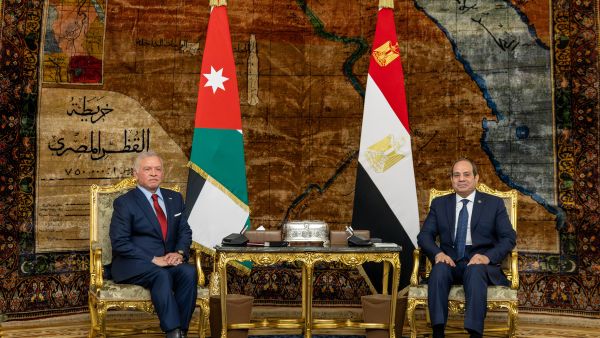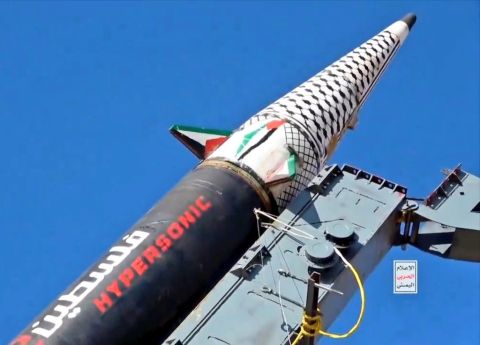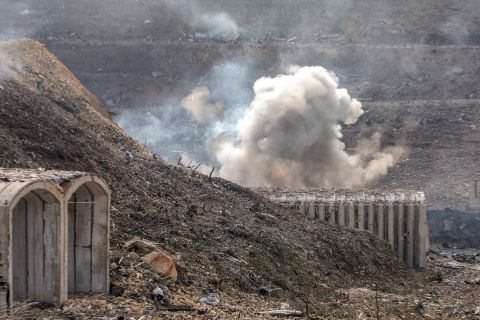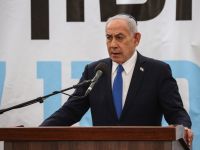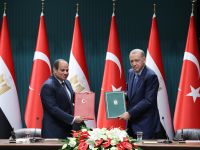ALBAWABA- Egyptian President Abdel Fattah al-Sisi and Jordan’s King Abdullah II held an urgent meeting in Cairo to address pressing regional issues, particularly the future of the West Bank.
The visit, described as sudden and critical, included a private bilateral discussion followed by an expanded session with delegations from both countries.
According to sources, the talks were prompted by growing concerns over potential U.S. legislation to ban the use of the term "West Bank" and escalating Israeli proposals to forcibly displace Palestinians, allegedly supported by U.S. President-elect Donald Trump.
Jordan expressed deep fears regarding the future of the West Bank and its residents, as reports surfaced of plans by the Israeli government to displace large numbers of Palestinians as part of a broader reorganization of the region.
The meeting highlighted shared apprehensions over these developments and their implications for regional stability.
The Egyptian presidential spokesperson stated that the discussions focused on coordinating positions, particularly regarding Palestine. Both leaders underscored the urgent need for an immediate ceasefire in Gaza and the delivery of humanitarian aid without restrictions.
They firmly rejected any attempts to resolve the Palestinian issue through displacement or delaying the implementation of the two-state solution. They reiterated that the establishment of an independent Palestinian state along the June 4, 1967 borders, with East Jerusalem as its capital, is essential for achieving lasting peace and stability in the Middle East.
In addition to Palestine, the leaders discussed the situation in Syria, emphasizing the need to support the Syrian state and preserve its territorial integrity. As members of the Arab Contact Group on Syria, Egypt, and Jordan stressed the importance of a comprehensive political solution that includes all factions of Syrian society.
Both the leaders' talks also covered Lebanon, where both leaders welcomed the recent ceasefire agreement. They called for the implementation of UN Security Council Resolution 1701 and reaffirmed their commitment to Lebanon’s sovereignty, stability, and security.
They strongly rejected any external aggression and urged all parties to act responsibly to de-escalate tensions in the region.



